Introducing Eight Francophone Authors
Getting to know a new culture is tricky, especially when it comes to literature. Every country has its literary prizes, its literary critics, its famous but shallow authors that the well-read reader should tacitly know to avoid, its gems that are nearly impossible to dig without being an insider. In the essay The Curtain, Milan Kundera remembers that when he moved to France after the Prague Spring, he was exhilarated to discover the country of one of his favorite authors, Anatole France — that is, until his peers discreetly let him know that Anatole France was considered terribly outdated and that he would be better off keeping his admiration quiet if he hoped to make a name for himself on the literary scene. Does that sound like high school to you? Perhaps it is. But wandering away from the well-known classics can also have its perks, especially when it comes to the Francophonie, that is to say the literary scene of every countries and regions where French is either an official or a customary language. A number of wonderful writers never get the chance to be studied in school and remain to this day overshadowed by the infamous dead, white men of the literary canon. This piece is my modest contribution to try to change that. Without further ado, let us look beyond Victor Hugo, Alexandre Dumas, Honoré de Balzac and Émile Zola and let me introduce you to some francophone authors that you may or may not know yet, but who in any case, as we say here, gagnent à être connus.
1. Andrée Chedid
Andrée Chedid navigates between her multiple cultural influences to create a poetic imaginary oscillating between the Eastern and the Western worlds. Born in Cairo, where she learned English and French, she moved to Europe at fourteen before returning to attend the American University in Cairo. Later in life, she married a Lebanese physician and included the denunciation of the Lebanese civil war in her novels, that explore the timeless themes of love and loss in her direct and insightful prose. Her poetry is also wonderful and makes for a great first approach of her work. You can find the major English translations of her works here.
Where do I begin? Andrée Chedid is the kind of writer that will make you believe in True Love like you haven't since you were a young teenager, without ever being mawkish about it. In The Message, a young woman named Marie is wounded in the middle of the street in an unnamed country at war. She cannot die, though, not until she is reunited with Steph, the love of her life, for she has a message for him. Along the way, she'll find hope for human kind in the strangers willing to stop by and help her.
2. Romain Gary
Romain Gary's life itself is a novel. Of Jewish and Lithuanian origins, pilot in the French resistance during the Second World War, married to the American actress Jean Seberg, Gary barely had to make any effort of imagination to find the stuff of his novels. One of his most famous fait d'arme is his revelation as a literary impostor: in 1956, Gary received the Goncourt Prize for his novel The Roots of Heaven, the highest literary recognition in France, theoretically awarded once in a lifetime. However, later in his life, Gary created an alter ego, Émile Ajar, writing in a fairly different style from his earliest works, and managed to snatch the prize a second time in 1975 for his novel The Life Before Us, forging its legend and making him to this day the only French author to receive this award twice.
Where do I begin? I've never met anyone who did not fall head over heels in love with his autobiographical tale Promise at Dawn. Gary recalls his childhood and his earliest literary ambitions, or, more precisely, the literary ambitions his mother — passionate, larger than life, overbearing mother — had for him, and the terrible pressure that he was put under. If the mark of a great book is that it can make you laugh at loud and shed a few tears between the beginning of a sentence and its end, then Promise at Dawn is one of the greatest classics of French literature. If you're looking for a book more American-oriented, try White Dog: in this autobiographical story, Gary recalls his life in the United States where he lived for a short period of time with Jean Seberg. One day, they stumbled across a stray dog, and took him in. Everything seemed perfectly normal until they realized that the dog systematically attacked the Black people around it. Probably trained by the police and abandoned, the story of this particular white dog is a first hand testimony on the Civil Rights movement from the inside — Seberg was an influent activist — as well as a reflexion on the possibility of ever overcoming racism. Gary and Seberg were in Washington the night Martin Luther King was killed, and his description of the moment the news is made public alone makes the book worthwhile.
3. Amhadou Kourouma
Kourouma is one of the greatest francophone writers as well as one of the most famous Ivorian authors, and yet, too few people have heard of him outside of the African continent. I realize that my endorsement of his work is akin to me talking to an English major only to tell them "Have you ever heard of Dickens? This guy is pretty good", but it's no secret that African literature is cruelly underserved by academic syllabi all around the world, so I'm going ahead and telling you anyway: read Kourouma. Fans of Chinua Achebe's work will particularly like his take on Ivorian independence and the loss of illusions of the African continent. His humor, his stylistic maestria and the gripping stories he choses to tell will take you on a fantastic literary journey.
Where to begin: The Suns of Independence is largely considered to be a masterpiece of modern African literature and is a great place to start exploring Kourouma's themes and highly original style. The story centers around Fama and Salimata, husband and wife, struggling both together and separately to adapt when traditional and modern cultures collide after the Ivorian declaration of independence. This is a tale of hierarchies upset and gender roles put to the test, narrated in a colorful prose, intertwining traditional French with tales and proverbs from the ancient Malinke.
4. Emmanuel Carrère
Emmanuel Carrère is considered to be one of the great names of the autofiction genre — that is to say, novelized autobiographical stories. Carrère rarely talks directly about his life but intertwines compelling stories of people around him with glimpses of his own existence, and doing so, he explores the notion of empathy itself, of perception, and of reality and delusion.
Where to begin? In 2000, Carrère published The Adversary, the chilling true crime story of Jean-Claude Roman (a name that incidentally means "novel" in French), a seemingly insignificant doctor who killed his entire family when they found out that the life he pretended to lead — that of a respectable medical researcher, working for the World Health Organization in Switzerland — was entirely based on a lie. Roman had never even passed his medical degree. He simply pretended to leave for work every morning and spent his days aimlessly wandering around the Swiss forest. Carrère finds his literary trademark with this terrifying story tackling the nature of lie and Evil itself — "the Adversary" of the title is a direct reference to Satan. One of my favorite books of his, Lives Other Than My Own (sometimes translated as Other Lives But Mine), tells the story of two judges specialized in helping over-indebted people, a situation often caused by the unethical practices of microcredit societies. Does this sound boring to you? Think again. I literally had to stop reading this book in public places because I was crying too hard. Carrère's work encourages you to reconsider your relationship with the world surrounding you — the sign of a great novelist.
5. Amélie Nothomb
Amélie Nothomb is weird. I'm not passing any kind of judgment here: in fact, Amélie Nothomb has built her entire literary persona on her eccentricities. She wears huge hats, she walks through Parisian cemeteries to find inspiration, she's a graphomaniac, she publishes one book a year, always in September (for what is called the "rentrée littéraire", after the word rentrée, the start of the school year), that you can immerge yourself into and finish in an afternoon. It's a pleasant ritual. To be fair, Amelie Nothomb does have interesting stories to tell. Her early life epitomizes the cosmopolitanism that would later come to characterize her work: born in Japan from a Belgian diplomat father, Amelie Nothomb then moved to China, then to New York, then to Bangladesh, then to Burma, then to the United Kingdom, then to Laos, before settling down in Europe.
Where do I begin? Her first book, Hygiene of the Assassin, tells the story of a mysterious writer recluse and of the young female reporter who comes to interview him — to the peril of her life. Loving Sabotage tells the story of a little five-year-old girl falling madly in love with a cruel femme fatale (Elena, six-years-old) and literally unleashing a Third World War for her. Fear and Trembling is a satirical novel about corporate culture in Japan. But to tell the truth, it does not really matter which Nothomb you pick: no matter its subject, you have to be willing to be taken on a strange, slightly surrealist literary adventure.
6. Virginie Despentes
Virginie Despentes made a name for herself when she wrote her first novel in 1994, Baise-moi ("Fuck Me") where she directly addresses the question, inspired by her own experience, of the women working in the sex industry and pornography. Coming fresh from the punk scene, Virginie Despentes shook the rather conservative literary scene on its base with the novels that followed, before finding her place in it, since she was named a member of the Goncourt Academy in 2016 (yes, everything here turns around the Goncourt, one way or another).
Where do I begin? Although it remains a controversial read more than thirteen years after its publication, King Kong Theory is a thought-provoking feminist manifesto that I would strongly recommend to anyone. If you're looking for a novel, you can also dive into the immersive world of Vernon Subutex, the story of a washed out, but charismatic disc-seller trying to find his place in a society always more unforgiving of its misfits. Vernon crosses every layer of Parisian society and gather around him an eclectic group of people dreaming of a better world.
7. Marie NDiaye
Marie NDiaye came early on the literary scene, when her first novel was published in the prestigious publishing house Les Éditions de Minuit when she was only seventeen, and then never stopped writing. She has since proven the depth of her political engagement, choosing to move to Berlin in 2009 after the election of the right-wing president Nicolas Sarkozy. She's also one of the only two female playwrights whose work features in the repertory of the Comédie Française, the French National Theater (yes, in case you're still wondering, the French literary scene has a pressing issue with diversity).
Where do I begin? Marie NDiaye was awarded the Goncourt Prize in 2009 for her novel Three Strong Women, which, like its title suggests, intertwines three storylines going back and forth between Senegal and France and presents the fates of Norah, Fanta, and Khady Demba, three women mistreated or abandoned by men but never giving up on their sense of self-worth.
8. Riad Sattouf
I don't read graphic novels very often, and that's a shame because I do think that the genre is turning into one of the great forms of art of the twenty-first century. Riad Sattouf is one of the most acclaimed cartoonists of the moment, discovered by the same publishing house than Marjane Satrapi, the author of Persepolis. In 2016, Riad Sattouf was one of the few male authors to publicly denounce the absence of women shortlisted for the Prize for Best Album at the Angoulême International Comics Festival — the highest form of recognition for comic writers.
Where do I begin? Sattouf's turned into an underground icon after the publication of his series The Secret Life of Youthin the satirical paper Charlie Hebdo, a hilarious recollection of the most surrealistic, yet completely plausible pieces of dialogue he overheard among high school students around Paris. But it is with his wonderful autobiographical memoir The Arab from the Future: A Childhood in the Middle East that Sattouf achieved the ultimate bestseller status, outselling the far-right columnist Éric Zemmour, which was perhaps the most satisfying editorial moment of the last few years. Sattouf's dark and funny account of his childhood, spent between his father's native Syria and his mother's native Brittany feels even more poignant today, nearly ten years after the beginning of the civil war.
Milena Le Fouillé is an art historian based in Paris, France, with a specialty in nineteenth and twentieth century art and a strong taste for mythology, fairy tales and legends. She's probably hiding in a museum's cafeteria right now, reading a novel when she really should be working.



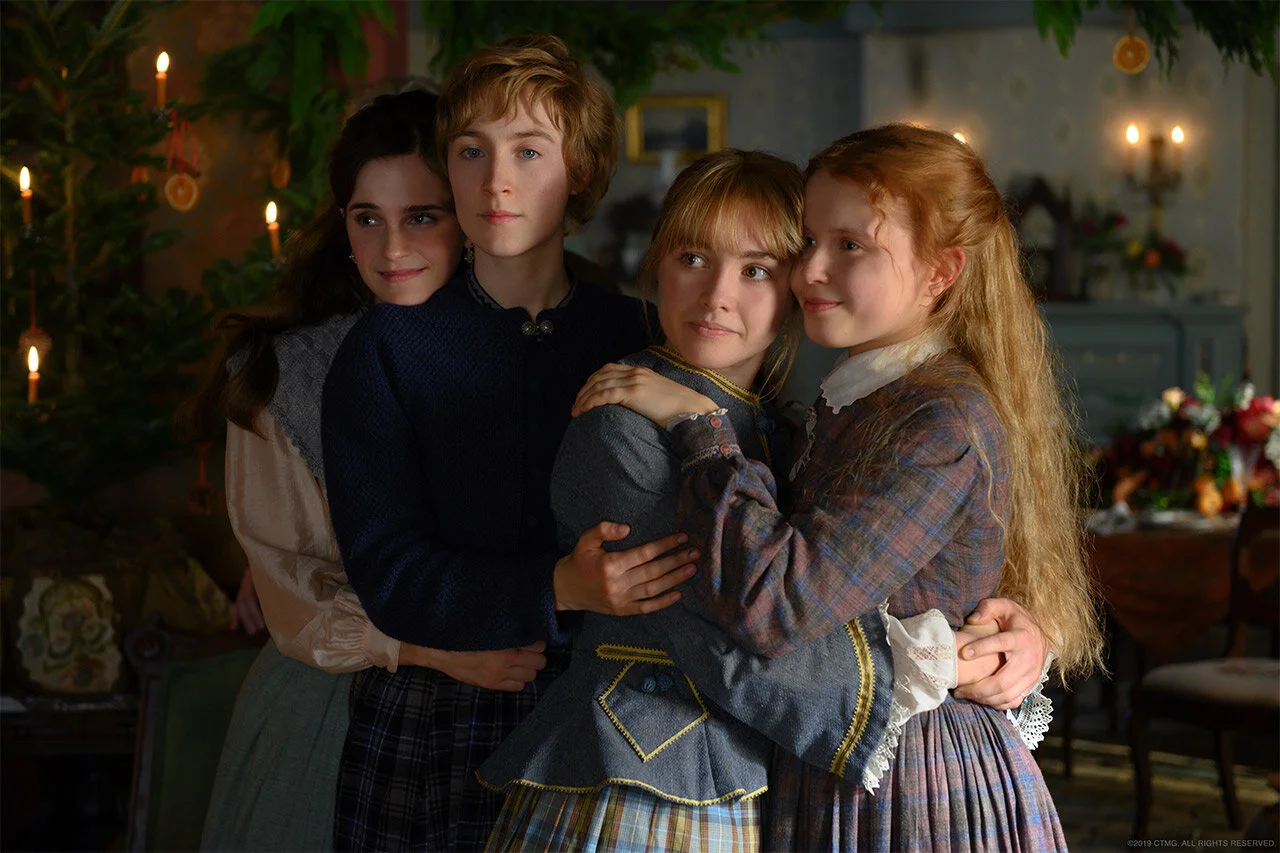
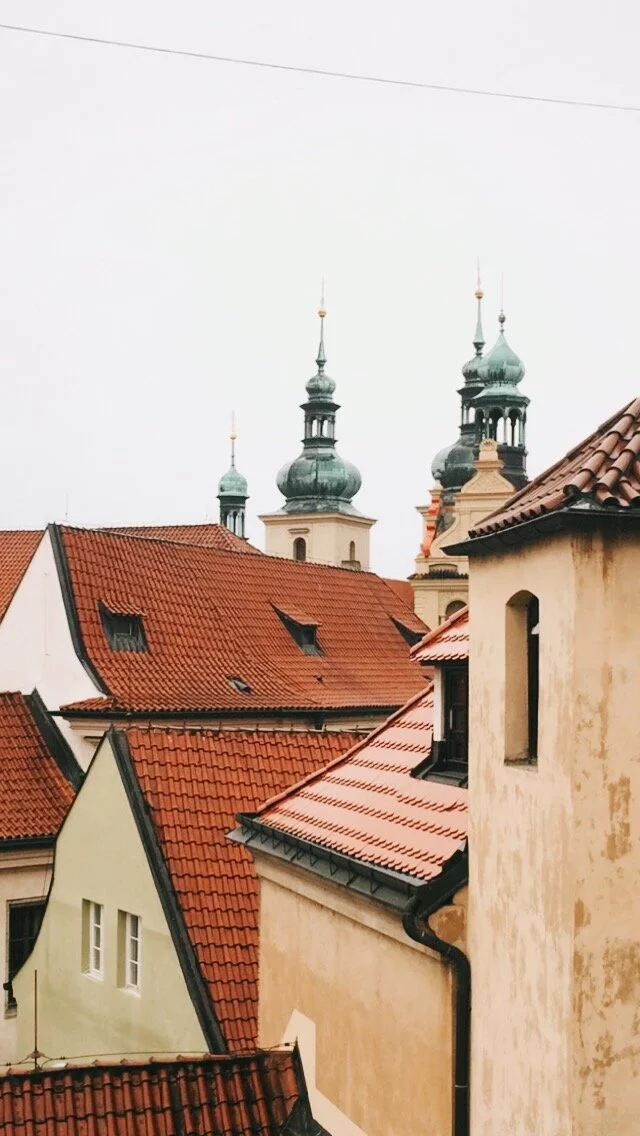
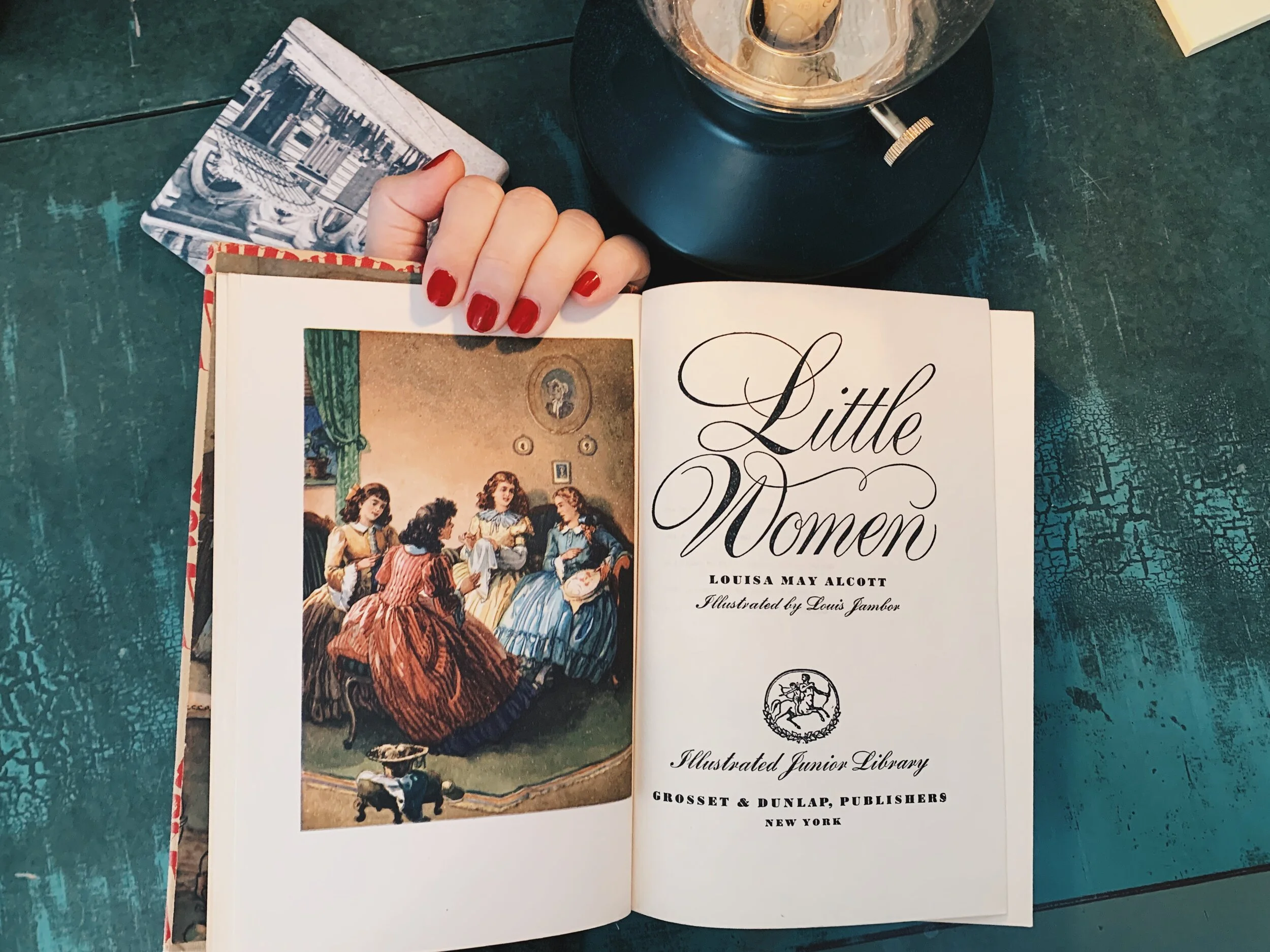
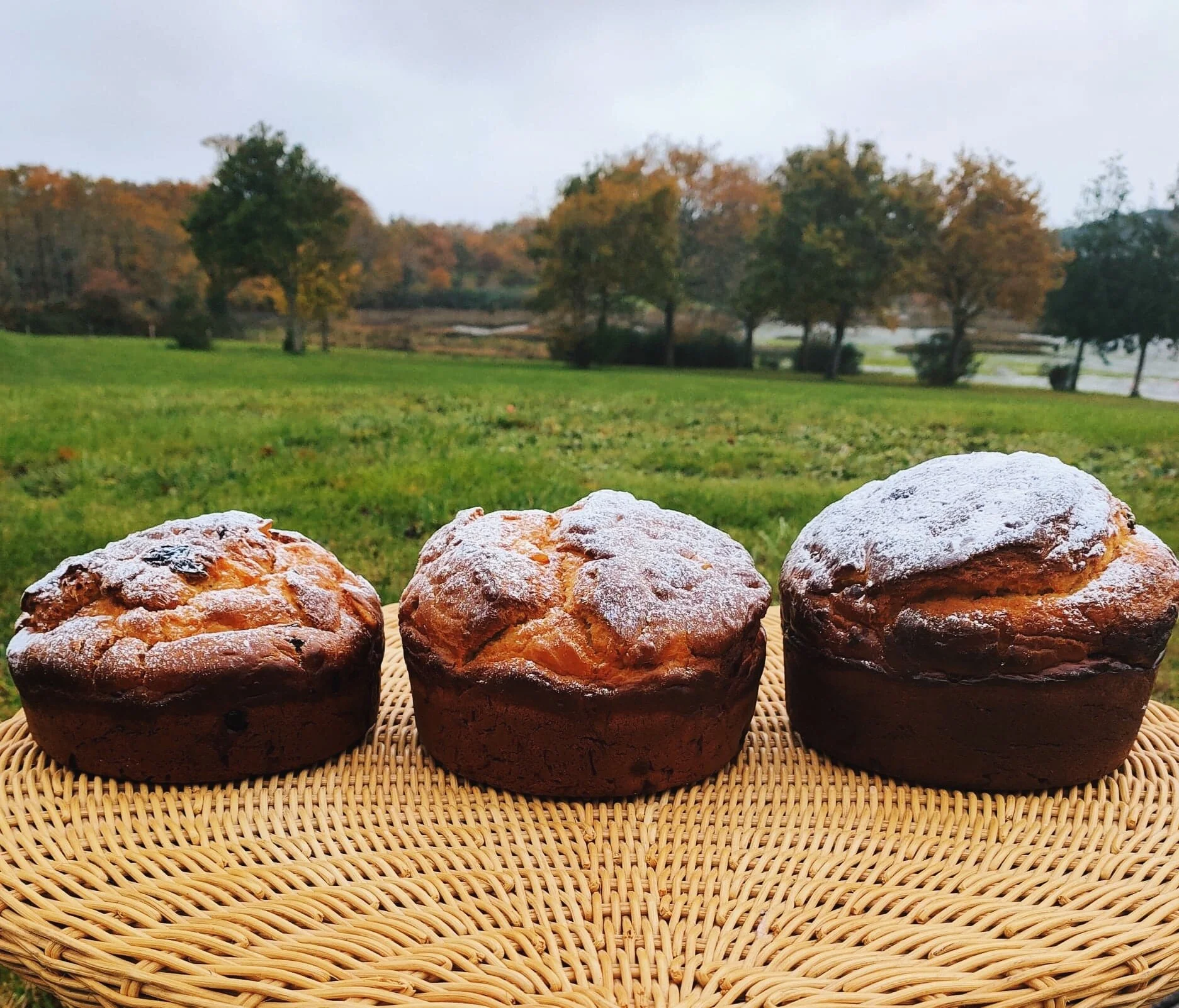



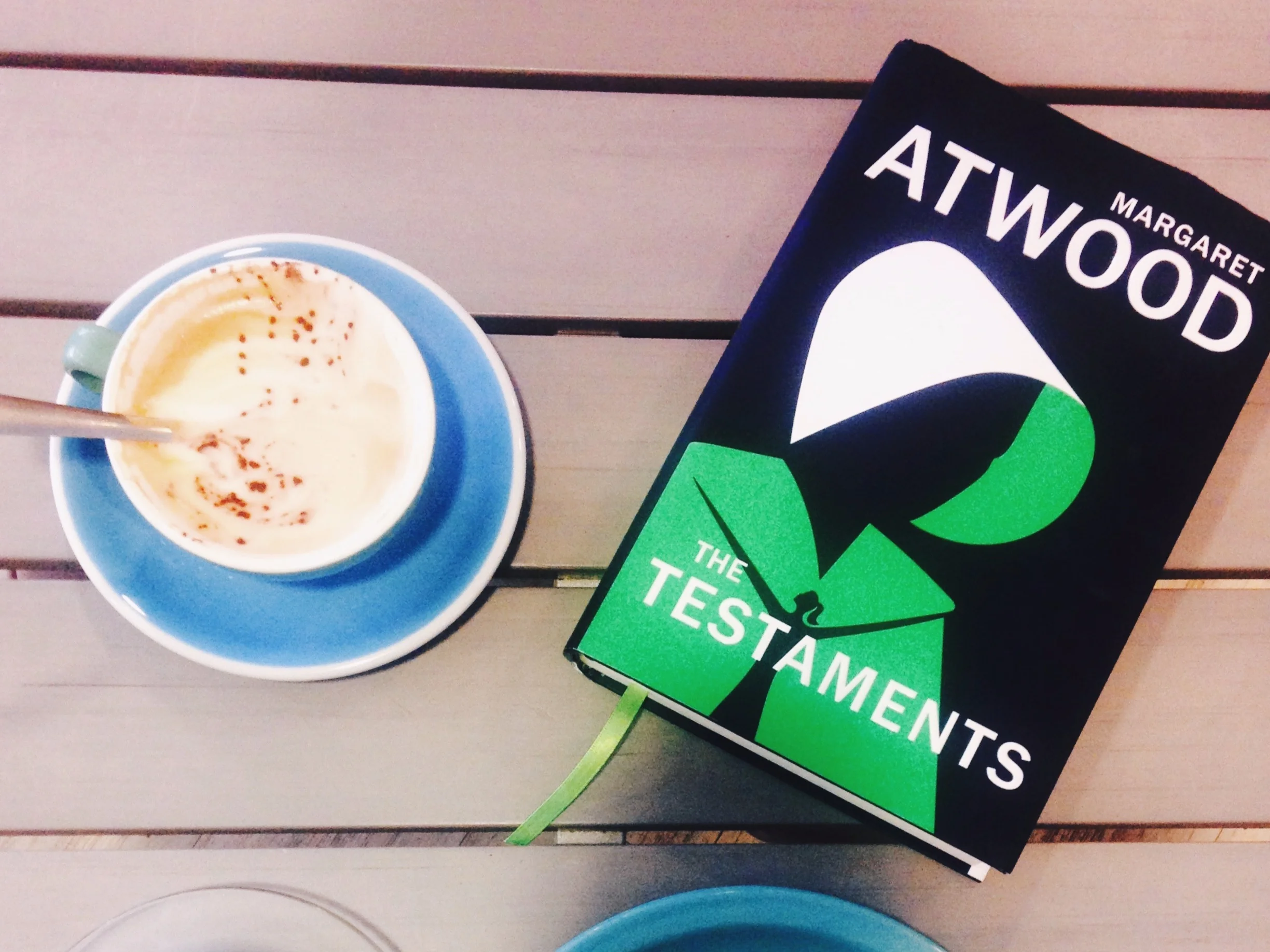
Perfect for the reluctant podcast listener, Curator Milena Le Fouillé shares the radio programs and podcasts dedicated to the arts that have kept her company through the lockdown in France.